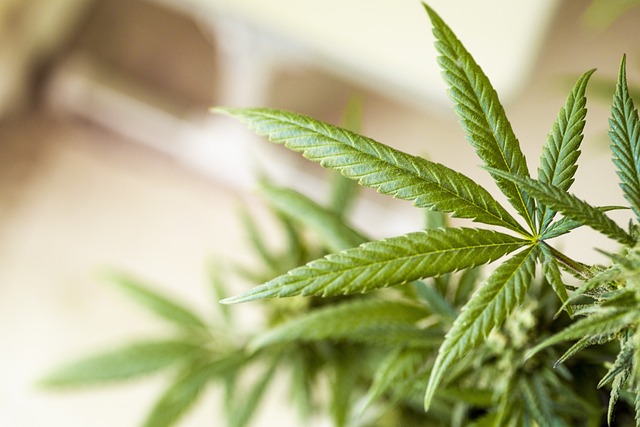THCa Flower: Health Benefits, Uses, and How It Can Improve Wellness
In recent years, the interest in cannabis and its derivatives has surged, leading to a deeper exploration of its components. One such component that has gained attention is THCa, or tetrahydrocannabinolic acid. Unlike its more famous counterpart THC, Understanding THCa flower effects is non-psychoactive, meaning it doesn’t produce the “high” associated with cannabis use. This article explores the health benefits, uses, and potential wellness improvements associated with THCa flower.
Understanding THCa
THCa Flower is a cannabinoid found in raw and live cannabis plants. It is the precursor to THC, the compound responsible for the psychoactive effects of cannabis. When cannabis is heated through smoking, vaping, or cooking, THCa is converted into THC through a process called decarboxylation. This transformation is what gives cannabis its psychoactive properties.
In its raw form, THCa does not produce any psychoactive effects, making it an attractive option for those seeking the therapeutic benefits of cannabis without the high. This characteristic has led to increased interest in THCa for its potential health benefits.
Health Benefits of THCa
Research into THCa is still in its early stages, but preliminary studies and anecdotal evidence suggest several potential health benefits:
- Anti-inflammatory Properties: THCa has shown promise in reducing inflammation, which can be beneficial for conditions such as arthritis and other inflammatory diseases.
- Neuroprotective Effects: Some studies suggest that THCa may have neuroprotective properties, potentially offering benefits for neurodegenerative diseases like Alzheimer’s and Parkinson’s.
- Anti-emetic Effects: THCa may help reduce nausea and vomiting, making it a potential option for those undergoing chemotherapy or suffering from other conditions that cause nausea.
- Antioxidant Properties: As an antioxidant, THCa may help protect cells from damage caused by free radicals, contributing to overall health and wellness.
Uses of THCa Flower
THCa flower can be used in various ways to harness its potential benefits. Here are some common methods:
- Juicing: One of the most popular ways to consume THCa is by juicing raw cannabis leaves and flowers. This method preserves the THCa content and allows users to consume it without any psychoactive effects.
- Topicals: THCa-infused creams and balms can be applied directly to the skin to target localized pain and inflammation.
- Tinctures: THCa tinctures can be taken sublingually (under the tongue) for quick absorption into the bloodstream.
- Capsules: For those who prefer a more traditional method, THCa can be encapsulated and taken as a supplement.
Case Studies and Research
While comprehensive clinical trials are still needed, several case studies and preliminary research have highlighted the potential of THCa:
A study published in the “British Journal of Pharmacology” explored the anti-inflammatory effects of THCa and found it to be effective in reducing inflammation in animal models. Another study in “Neurotherapeutics” suggested that THCa might offer neuroprotective benefits, although more research is needed to confirm these findings in humans.
Anecdotal evidence from patients using THCa for conditions like epilepsy and chronic pain has been promising, with many reporting significant improvements in symptoms without the psychoactive effects of THC.
Improving Wellness with THCa
Incorporating THCa into a wellness routine can offer several potential benefits. Its non-psychoactive nature makes it suitable for daily use, allowing individuals to experience its therapeutic effects without altering their mental state. This can be particularly beneficial for those who need relief from symptoms while maintaining full cognitive function.
THCa’s anti-inflammatory and antioxidant properties can contribute to overall health, potentially reducing the risk of chronic diseases and promoting longevity. By integrating THCa into a balanced lifestyle that includes a healthy diet and regular exercise, individuals may enhance their overall well-being.
Conclusion
THCa flower presents a promising avenue for those seeking the therapeutic benefits of cannabis without the psychoactive effects. With its potential anti-inflammatory, neuroprotective, and antioxidant properties, THCa offers a range of health benefits that can improve wellness. As research continues to unfold, the understanding of THCa’s full potential will likely expand, offering new insights into its role in health and wellness.
For those interested in exploring THCa, it’s advisable to consult with healthcare professionals and consider personal health needs and conditions. As with any supplement or health product, individual experiences may vary, and it’s important to approach THCa with an informed perspective.
